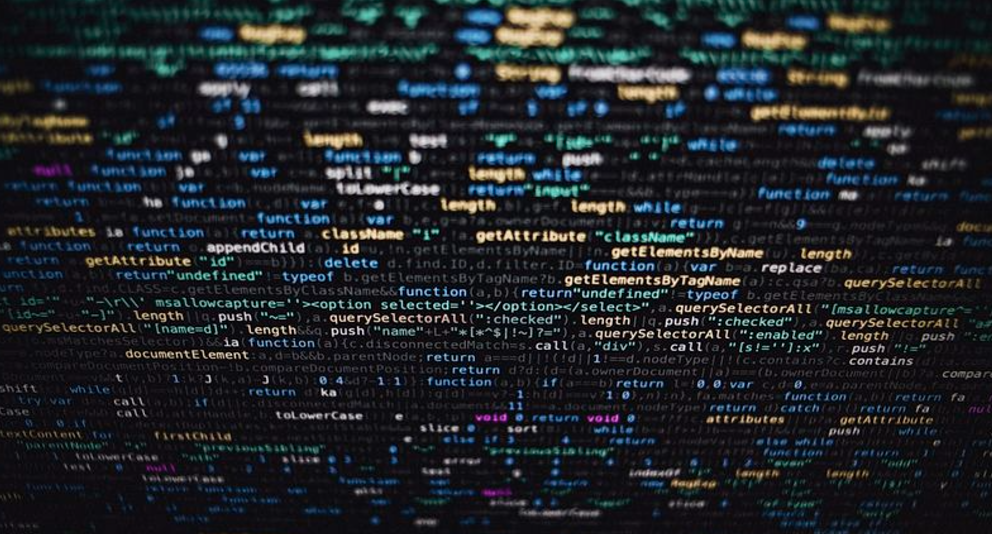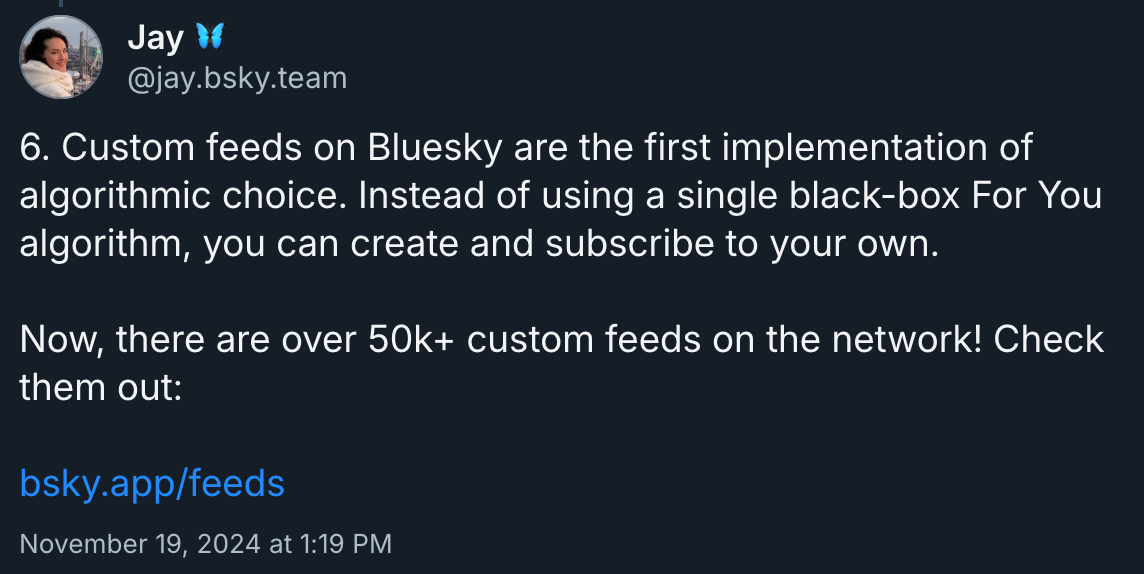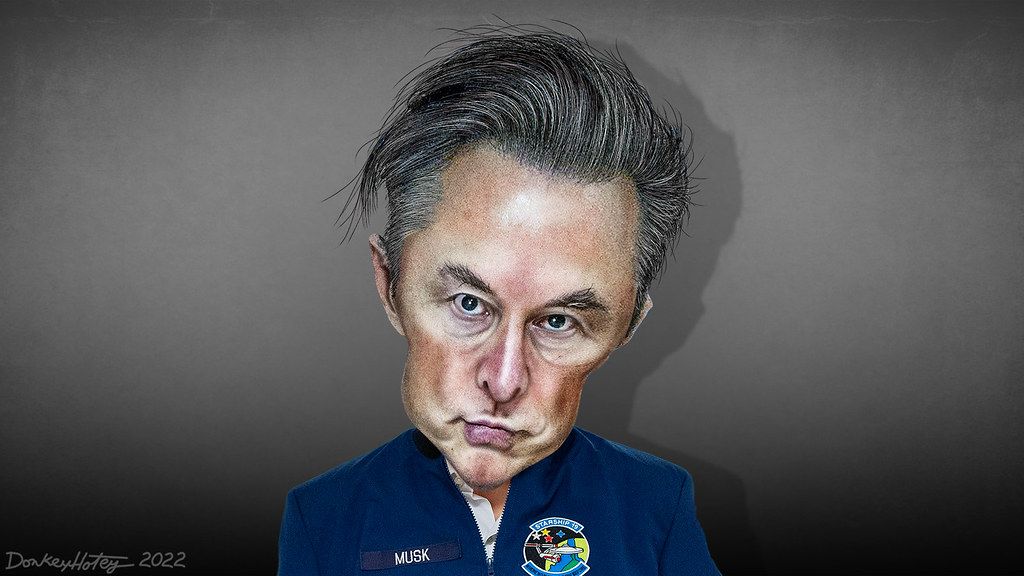Algorithms Are Killing Democracy
To beat back the billionaire-fueled fascist tide, we must first have a shared reality.

Today's Bad Faith Times newsletter was written by Dusty Schmidt, a valued member of the BFT Discord. If you are interested in contributing to BFT, email a pitch to dennyc13@gmail.com
Democracy, despite what many of us are conditioned to believe, is not the natural state of civilization. It's a system of government that takes constant work to maintain because it revolves around keeping the powerful in check, an exercise that can be challenging when coupled with an economic system that rewards power with more power.
For pro-democracy forces to stand a chance, we must at the very least be fighting for the same thing, and coming from a common place.
Thanks to all those who support BFT. Consider subscribing for $3 or $5 a month, or leaving a tip!
Creating a more democracy-friendly media, cultural, and political environment requires breaking free of the algorithmic madness that has trapped us all. Fortunately, there are tools at our disposal that can tip the scales back to favoring the people, and not the powerful. That includes the nascent social media network Bluesky, which has grown exponentially since Elon Musk helped Donald Trump sneak back into power by turning X into a far-right propaganda machine. Bluesky and its rejection the typical algorithmic horror show embraced by Musk and Mark Zuckerberg could be crucial in giving working people the collective power necessary for preserving our representative system of democracy and keeping the rising tide of fascism at bay.
This power comes from unity, a shared understanding of how to solve problems that will come our way, and most importantly, a shared reality.

A prevailing theme you’ll hear, in an attempt to rationalize the seemingly nonsensical state of political discourse in the year 2024, is “polarization.” Flip on any sort of social commentary that attempts to take a high level view of the situation, and it just seems to come down to someone crying about how we are so helplessly divided – while offering no analysis of how or why this has come to be.
You see a similar framing no matter where on the ideological dial you tune in. It’s not wrong, necessarily, but it’s so incomplete it risks missing the entire point, and devolving into a useless statement of only partial fact. The United States is absolutely divided, there’s no doubt about that, and our social media landscape amplifies those divides. The polarization is plain for everyone to see, as everything in daily life is supercharged with political meaning. Algorithms designed to safeguard our view of the world and destroy any view of politics that falls outside the black-and-white paradigm only make this worse. This is also useful in hammering home political messaging that has created millions of bad-faith political operators spewing far-right talking points into every home in America.
Disagreements are nothing new, nor are they unhealthy. In fact, they should be encouraged, and viewed as part of a healthy democracy. As an aside, it's really boring otherwise! What’s been missing from this discussion, however, is what we are divided about, and how society has arrived at this point.

What’s become increasingly clear is the fact that we are much more divided in our realities than in our opinions. Axios last spring detailed 12 unique information silos, each composed of a different cohort with varying levels of political interest. Something noteworthy is the designation of the largest group, called the "passivists," those who don’t actively seek out political content but consume it when they happen to bump into it. Ask anyone in this group, and they will proudly tell you they are “above politics," while espousing political opinions they inadvertently admit they have put little to no actual thought into. We can point primarily to social media, namely the algorithms dictating what shows up in user feeds, as the culprit for this unwitting indoctrination.
If what that means isn’t clear, log on to your various social media accounts and scroll through your timeline. Ask yourself, how do the posts I’m seeing appear here? Did you seek out each account individually to follow, or were some accounts recommendations based on whom you follow? What about the people you don’t actively follow, but they still show up in your feed. Why do they show up in your feed? Is an underpaid developer drawing numbers out of a hat and serving you content randomly? Deep down, you know the answers to these questions.
There are more than 2.5 billion people on Mark Zuckerberg-owned social media sites, across Facebook, Instagram, and Threads. Around 200 million people use Musk's X on a daily basis (the company officially claims a much higher number, but anyone can reasonably estimate what percentage of daily activity on the site is bot vs. human, and will agree with my undercutting of the number). Add in another 50 million daily users of TikTok, and you are starting to approach half of the planet’s population being daily users of one of these platforms. And that’s not including YouTube, which by nature serves much more in depth content via those same tricky-dicky black box algorithms.
Considering each of these platforms provides a highly curated user experience, and “expertly” serves content that it predicts will get engagement, and you wind up with billions of individual perceived realities, most fitting somewhat neatly (by design) into a specific few of the information ecosystems detailed in the aforementioned Axios report.
Each of these platforms effectively silos information, curating “truths,” however truthful they may actually be. It’s how you end up with Elon Musk, the world’s richest man who bought X as an in-kind donation to the fascist presidential candidate’s campaign, saying there is no difference between information and misinformation. Everyone, even the most powerful among us, has their own curated reality. Musk’s reality, of course, means more than yours and mine, since he can purchase entire democracies with his endless wealth.

I don’t fear the “black box” as much as I fear those who created it and those who manage it. An algorithm is just a fancy word for a math equation, and math simply does the number stuff with the numbers you give it; opinions aren’t part of the equation. But algorithms are made to serve a specific purpose, and must be tweaked to produce the desired output. So the critical question that must now be asked: do you trust the makers of this “black box” to have motivations that align with broader societal goals? If you do, I have several stories of office real estate for sale at a steeply discounted price. It’s now available because Musk removed the entire content moderation team. After all, how else was he to grease the wheels for the return of the most vile and bigoted people on the planet to return to the platform, and have their views amplified for the small price of eight dollars on the first Tuesday of every month?
Regardless of the type of internet user you are, you likely spend the majority of your time online on one of several social media platforms. They cater themselves to slightly different types of audiences, and serve slightly different styles of content. What they share in common however is they are all heavily reliant on algorithms to serve curated content to each user. Considering the established truth that certain emotions trigger stronger responses, you are likely getting served content that you either strongly agree with and thus entrenches your established views, or triggers you and makes you more likely to respond angrily, or at least “rage scroll” similar content. Either way, the goal is to keep you on the site, to keep you engaged, to hog your attention, to increase the number of advertisements that pop up on your screen. Or, in Musk’s case, to convert you into a fascist.
There can never be a “cure” for political polarization, and I would argue that shouldn’t be a goal in the first place. The best ideas are borne from healthy debate, having been put through the ringer of doubt and managed to come out the other side robust. Conflict breeds innovative thinking, and a society where everyone agrees with each other about everything won’t be forced to progress and adapt. We know this from sci-fi dystopia that Musk and other Silicon Valley cretins have mistaken for a guidebook to utopia.
What can be cured however, is the polarization of reality. We can, and must take concrete steps as a society to work ourselves back towards a single source of truth. This will require starving the algorithms of the only currency they know: Our attention.
This is why the momentum for Bluesky is so strong. Citizens of the internet are tired of having their social media feeds dominated by algorithms that are either encouraging the worst behaviors in us or actively misinforming us at the behest of a billionaire who owns the platform. Social media has become the central gathering place for the internet, and it's clear we have lost sight of what the internet was a mere decade ago, so much so that visiting Bluesky feels like a weird sort of new-nostalgia – a nice reminder of what it’s like to not have every post and reply you see be the result of a math equation designed by someone who wants to maximize your attention and might be working to advance the global fascist movement.


Comments ()